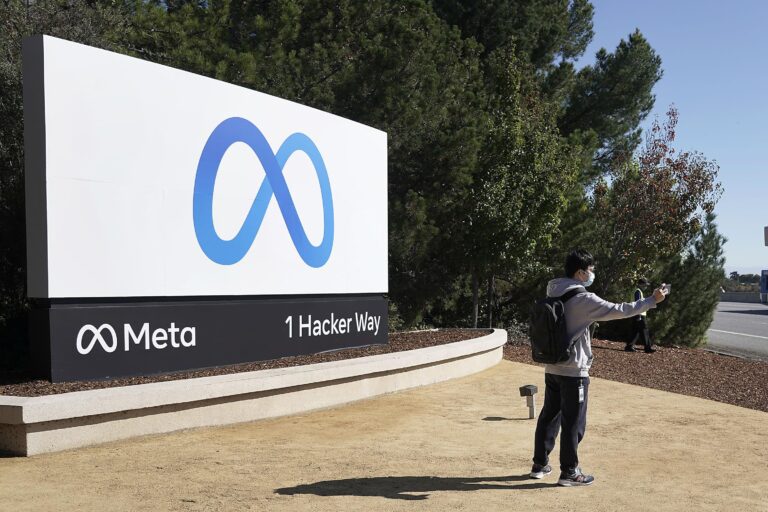Merging Chrome OS and Android is really about control.
- I suspect that the real aim of bringing Chrome OS and Android closer together is to allow Google to increase the level of control that it has over the Android OS.
- The wires are alive with speculation that Google intends to merge Chrome OS and Android with Google’s only response being that Chrome OS is not being “killed”.
- Both of these operating systems have been under one roof since 2013 and from an ecosystem perspective, it makes a lot of sense to merge them into one.
- Two important aspects of an ecosystem are:
- First: the ability to offer a consistent user experience across multiple device types such as phones, TVs, PCs etc.
- Second: ensuring that software is as consistent as possible across the ecosystem (Law of Robotics No. 7 (see here)).
- Merging Chrome OS and Android would help improve Google’s performance against both of these metrics, however I think that there is a much more important motivation for this move.
- RFM research has indicated for some time that the appeal of Google’s ecosystem to both users and software developers continues to be hobbled by the nature of Android.
- Google’s ecosystem exists as a layer of software known as Google Mobile Services (GMS) that sits on top of the Android Open Source Package (AOSP).
- GMS is proprietary to Google while AOSP is open source.
- AOSP controls significant aspects of the user experience and because it is open source, it is very fragmented.
- This has had a huge impact on the quality of the user experience on Android and deleteriously impacted the ease and fun of use of the Google ecosystem. (Laws of Robotics Nos. 1 & 2 (see here)).
- Furthermore, Google does not have the ability to distribute any upgrades it makes to the AOSP.
- Instead, it must wait for device makers and mobile operators to be willing to upgrade the devices that they control.
- This has resulted in it taking multiple years for new software to make it into the hands of the majority of users, seriously impacting the appeal of the Google ecosystem. (see here)
- The one way that I see by which Google can rectify these problems is to take over as much of the AOSP as it can and turn an open operating system into a proprietary one.
- Then Google will have full control of the user experience and should also be in a position to take control of software distribution.
- Merging Chrome OS and Android into one would allow Google to quietly take much greater control of Android by replacing open source elements of the AOSP with elements from Chrome OS which is not open.
- Google would still be able to have two versions, but if the core of the software is unified then Google will have moved closer to solving a lot of the problems that beset it.
- Furthermore, this could be launched at Google I/O 2016 with much fanfare around improving the user experience and unifying code while the take-over of Android goes quietly unnoticed.
- This would give me much greater confidence around Google’s ability to earn revenues from Android in the long-run and assuage my fears that my numbers are too high.
- That being said even assuming a good outlook for Android revenues, I really struggle to see much upside in Google and would continue to look elsewhere among the ecosystem players.
- Of these I would continue to look to Microsoft in the short term and Facebook for the long-term.









Blog Comments
Paulo Trezentos
October 30, 2015 at 12:57 pm
Great analysis, as usual.
I’m curious to know is the response from the other players in the Android ecosystem (OEMs, ROM builders, Google services competitors,…) if such a closing of Android occur.
A fork of Android lead by Linux foundation or Apache / Mozilla foundations could be an interesting side effect.
Paulo Trezentos
October 30, 2015 at 1:14 pm
Typo. Should be:
I’m curious to know the response from the other players in the Android ecosystem (OEMs, ROM builders, Google services competitors,…) if such a closing of Android occur.
windsorr
November 2, 2015 at 8:09 pm
Hi Paulo. Actually I think they are aklready well on the way to dealing with this issue. The China Forks, Cyanogen, MIUI, Amazon etc etc are already part of the way there in terms of replacing the GMS layer with their own code. As Google slowly eats away at the AOSP they end up having to do more and more themselves. Merging Chrome and Android would take this a big jump forward and I suspect the result would be that those companies would have to step up and write more and more of the code themselves. Effectively they would all become proprietary OSs as well.